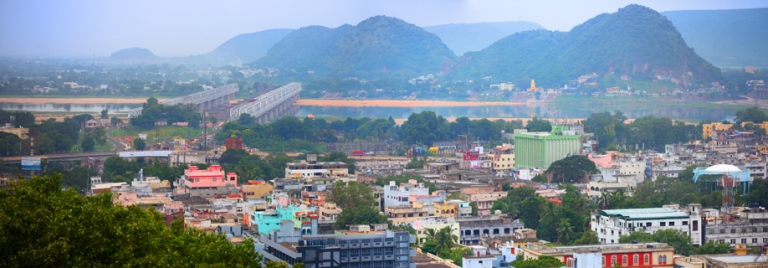
Biomedical waste generation has risen exponentially since the COVID-19 pandemic was reported in India. As masks and personal protective equipment (PPE) kits need to be disposed each time after hospital staff attend to a coronavirus patient. In Vijayawada, around 1,570 kg of Bio-Medical Waste (BMW) was collected from the Government General Hospital (GGH) between March 22 to April 12.
The New Indian Express quotes V Venkateshwara Rao, director of Safenviron, the company that manages the city’s BMW as saying, “Before Covid-19 hit the city, my company collected 3,500 kg of biowaste from the GGH every month. We are now focusing on the waste generated from the treatment of Covid-19 positive or suspected patients, which is less in quantity, but more dangerous.”
The hospital staff disposes the waste in yellow coloured non-chlorinated plastic bags, which are transported in dedicated vehicles by trained workers who wear PPE kits. The waste undergoes thermal treatment at the Chillakallu plant, where it is treated at 850 degree Celsius in an incinerator’s primary chamber and at 1050 degree Celsius in the secondary chamber. The ash is safely sent to a treatment, storage and disposal facility.
Picture Credit: Yedla70, Vijayawada landscape, CC BY-SA 3.0



